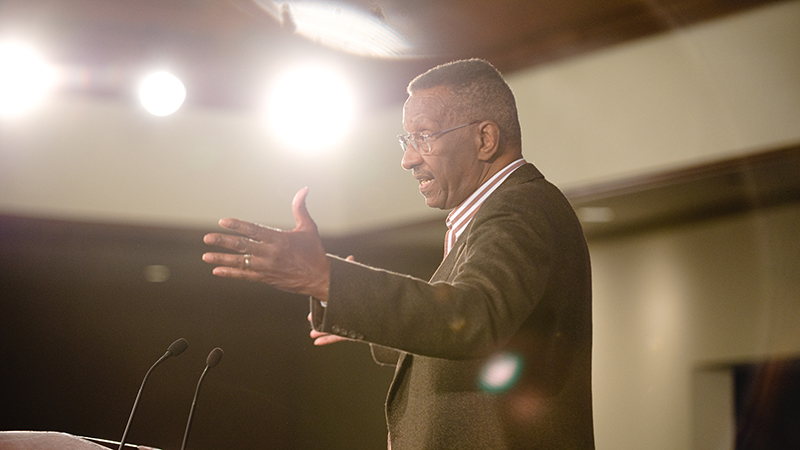
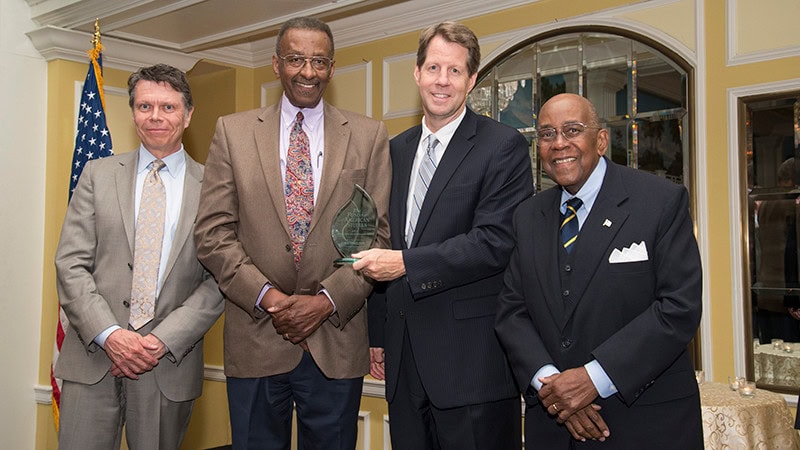
This morning, we received the sad news that economist Walter Williams died of an apparent heart attack. The world is not the same place without Walter among the living.
I first met Walter in the late 1970s at a conference for high school teachers near Houston, Texas. Shortly thereafter I invited him to speak to congressional staff and interns on Capitol Hill, where I worked at the time. Being the generous man he always was, he accepted.
What struck me from my first encounters with Walter was that he was a no nonsense truth-teller. That impression and my fondness for Walter grew from there. If the evidence pointed to a conclusion that might not be a popular one to express, so be it. He expressed it. Whether the topic was discrimination, racial disparities, occupational licensing, the minimum wage, the role of unions or many other topics, you could count on Walter to present a clear analysis.
First and foremost for Walter was morality. He did not believe majority rule was a justification for actions that otherwise would be considered immoral, such as taking money from one group of taxpayers to help another. As he wrote in his book “All It Takes Is Guts:”
How does something immoral, when done privately, become moral when it is done collectively? Furthermore, does legality establish morality? Slavery was legal; apartheid is legal; Stalinist, Nazi, and Maoist purges were legal. Clearly, the fact of legality does not justify these crimes. Legality, alone, cannot be the talisman of moral people.” – Walter Williams
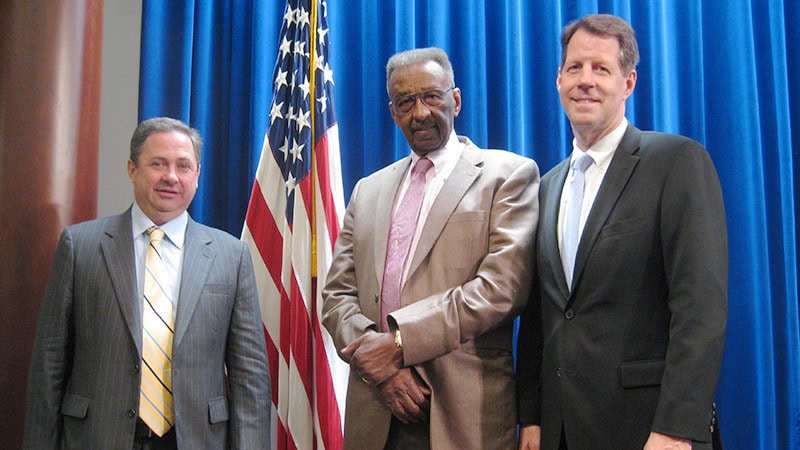
Next came the Constitution. He liked to point out that Article I of the Constitution limited Congress to roughly 18 functions. He added that education was not one of those functions, nor were “midnight basketball programs” and “aid to dependent farmers.”
Walter Williams was a teacher, author (of 13 books), and nationally syndicated columnist. He served on the Academic Advisory Board at The Fund for American Studies and was a frequent speaker in our programs. He was past chairman of the Economics Department at George Mason University, where he served as John M. Olin Distinguished Professor of Economics. In 2013, I was proud to present him with one of TFAS’s greatest honors, the David R. Jones Lifetime Achievement Award.
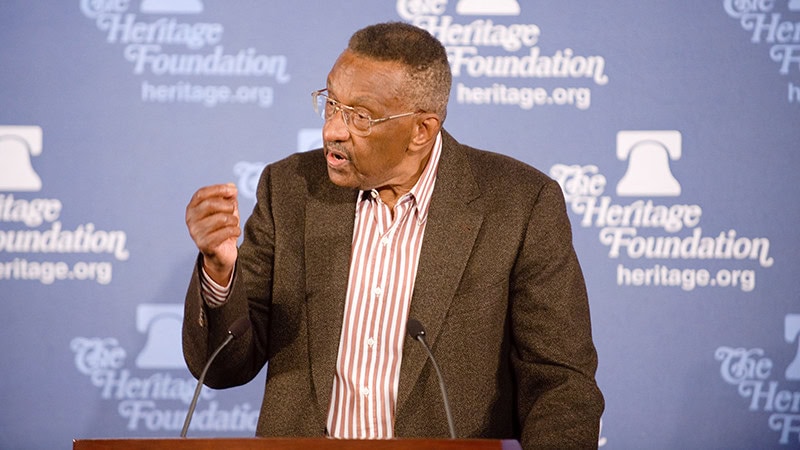
Dr. Daniel Houser, current chairman of Mason’s Economics Department, noted that “Walter’s long-running and very popular syndicated column might appear at first to be just another stream of words poured into the swollen river of punditry. But it’s not: nearly every column has the mark of a master economist, skillfully using economic reasoning to make important points about economic reality or public policy. These points often are the fruits of his research. That Walter is so beloved by legions of non-economists speaks not to his dumbing down of economics in order to attain popularity. Instead, it speaks to his unusual mastery of economics to make it accessible and relevant to ordinary men and women.”
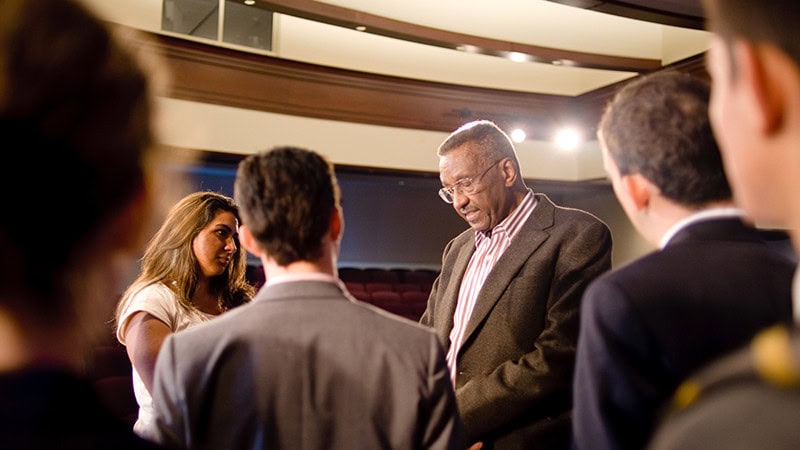
Dr. Don Boudreaux, economics professor at George Mason, noted in The Wall Street Journal that with Williams passing, “America has lost one of its greatest economists and public intellectuals” and a “tireless champion of American values.”
Several years ago, Walter wrote a short autobiography, “Up From the Projects.” The book was later turned into a documentary by the Free to Choose Network. In the book, Walter recounts growing up in a poor neighborhood in North Philadelphia. After a stint in the Army, he eventually earned a Ph.D. in economics from UCLA. He taught at Temple before joining George Mason in 1980.
My hope is that Walter is now reunited with Connie, his wife of 47 years. My condolences go out to his daughter Devon, her husband and Walter’s grandson.

